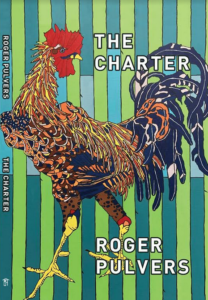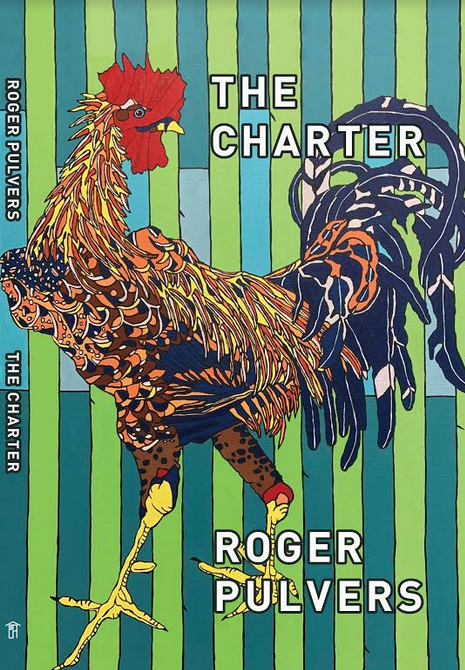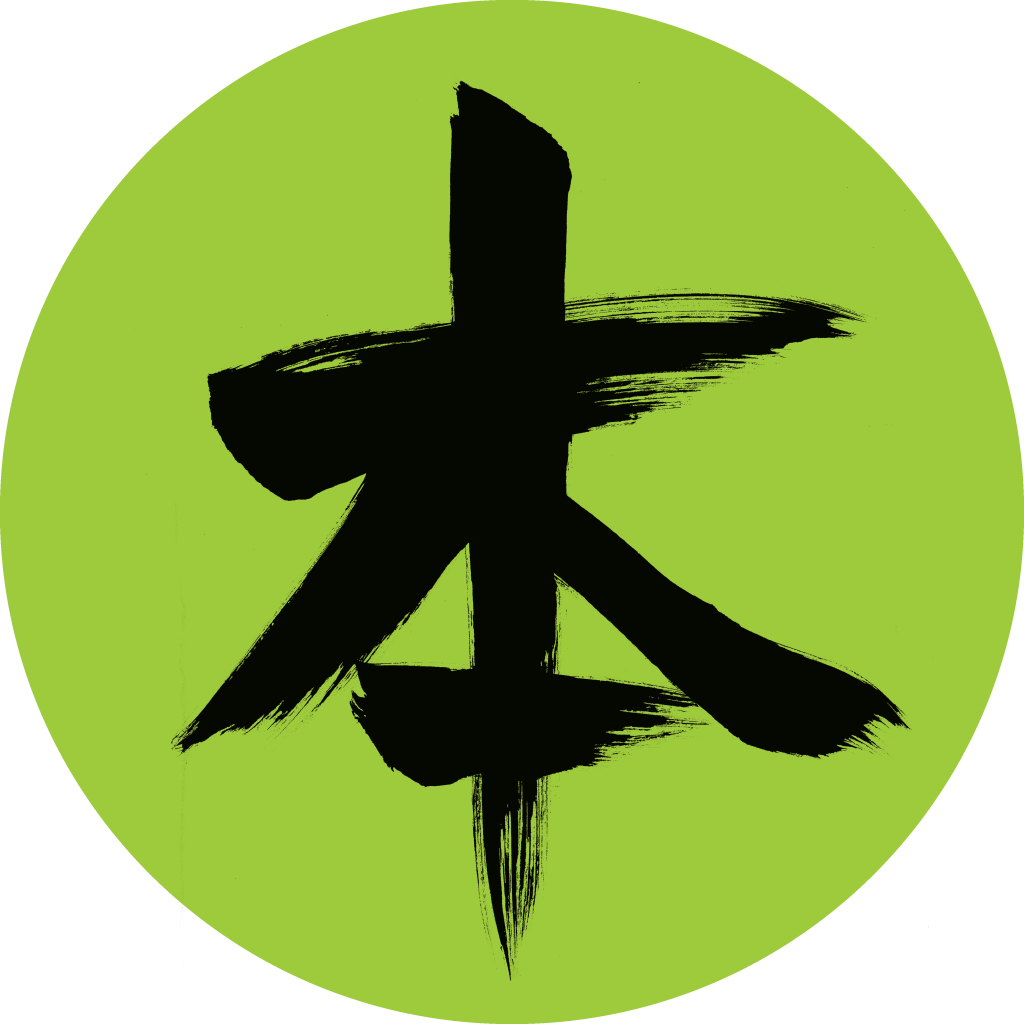

Support BOA by ordering The Return of Lafcadio Hearn through these links:
Amazon U.S.
Amazon Japan
Thanks for helping support Books on Asia!

This week Balestier Press has published Roger Pulvers’ The Charter, a collection of fourteen stories all about Japan.
THE RETURN OF LAFCADIO HEARN
By Roger Pulvers
I passed away in Tokyo in the year 1904 and here I am back again in the good old town well over a century later.
Now, as one grows older – and I am now pushing one hundred and seventy – one acquires a perspective on things. You might argue that one hundred and seventy is too old to judge the world. But I’m sure you’ll agree that art is in perspective, not statistics. And I can see all the way to and beyond the horizon. It may be the horizon that’s behind us all now, but it is a horizon nonetheless. Why do people always think of the horizon as a thing in front of them? The one behind us, I would argue, is just as important, if not more so.
I was born in 1850 on a Greek island. Some of my biographers have referred to it as a “small” Greek island. Well, I defy them to find one that isn’t. Throughout my life I was more intimately bound to my ruffian imagination than to the rules of my century’s decorum, more titillated and intrigued by ghosts than by so-called real people.
So you see, it is perfectly natural that I should be coming back like this “from over the horizon” after the passing of many generations.
When it came to the nonliving I was always at home. I was smack into my element. But I wouldn’t ever call myself “morbid.” Edgar Allan Poe, now he was morbid! I wasn’t at all like Poe, though I did once name one of my cats after him.
I spent a total of fourteen years in Japan. These, in fact, corresponded to the final fourteen years of my life. And while I did witness the Sino-Japanese War of 1894-95 and the beginning of the Russo-Japanese War in 1904, I missed out on the Great Kanto Earthquake of 1923 and World War II, not to mention World War One and conveyor belt sushi.
Naturally I know that the first thing you are dying to ask me is, “Has Japan changed a lot since the time you were last here?”
Well, to tell you the truth, the answer is “no,” although some places like train stations are a bit more crowded than they used to be, and there were no airports, especially when you take into account the fact that the first flying machine didn’t even get off the ground until the year before I died. And we didn’t have fax machines in our houses then, though, to be fair, neither do you now; and we knew nothing of what is enigmatically called “reality television.” Okay, we may not have had television at all, but let me tell you we knew reality when we saw it, which is a lot more than I can say for some of these people I’ve seen here since I got back. As for fake news, in my day most news was fake, so don’t go thinking that everything is invented in the future.
Yet some things, I must admit, really have changed. I used to be able to get from my home in Tokyo to the university where I taught in under an hour, thanks to the speed and strength of the rickshaw runners who propelled me. Yesterday I took the very same route so that I could report to you on the difference; and it took me longer to cover the distance, despite the fact that the vehicle transporting me came courtesy of a conveyancer called Uber. So much for improvements in people’s command of the German language!
I lived for some months, way back in 1890, in the lovely Japan Sea coastal town of Matsue, subsequently moving to the old castle town of Kumamoto in Kyushu. In both places I taught English to youngsters. The mid years of the last decade of the nineteenth century found me in the international port city of Kobe, where I worked as a newspaper man until transferring to Tokyo to take up a position as instructor, once again in the English language, at Tokyo Imperial University, which is now, for some reason that I, as well as certain politicians, cannot fathom, referred to without mentioning the capitalized adjective in the middle. Much to my surprise, I learned that the country known as “The United Kingdom” still boasts an Imperial College and an Imperial War Museum in its capital, so what’s the big deal? It just goes to show that some countries can lose their empire and entertain the luxury of pretending that they haven’t.
⁂
This excerpt from The Return of Lafcadio Hearn is courtesy of Roger Pulvers and Balestier Press. Find out more about The Charter and Thirteen Other Stories about Japan by clicking on the “More info” link to the left. Check out his YouTube poetry channel “Roger Pulvers Reads” here.
